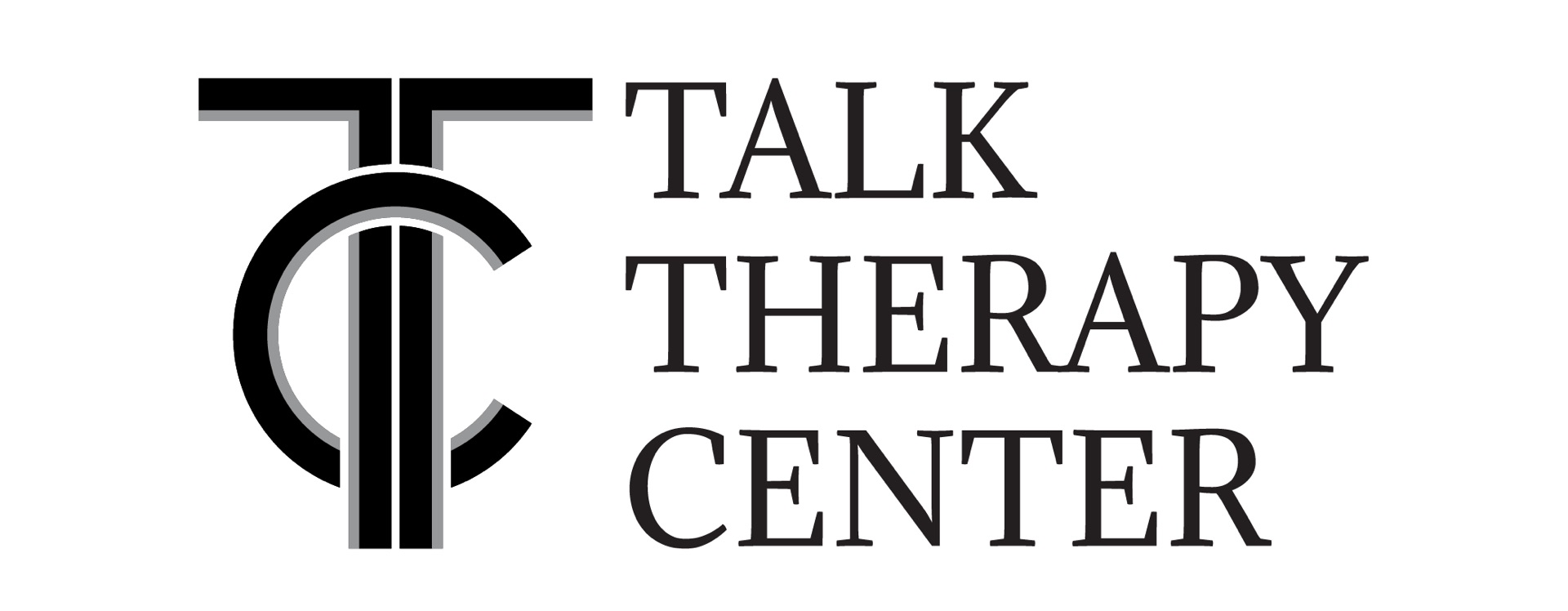I Thought I WAS Coping

Coping is one of those things that people seem to know what it is, and at the same time, have no clue what it is. I think to understand what “coping” is, we have to look at what the word is actually referencing. I would like you to think of the word “coping” as synonymous with “change”. In order to think about how to cope, we can look at how we change in order to deal with an issue in our life.
Let’s now look at the 4 types of coping and figure out where we should be placing our energy.
1. Maladaptive Coping
If any of these sounds the most familiar, I think that this would be it. Maladaptive coping can be thought of as “bad change”. “Bad” would be related to the impact that it has on you, and on the situation, as this style of coping does nothing positive for the problem and does nothing positive for ourselves. Examples are drinking, violence, and withdrawing. Sure, withdrawing from a toxic relationship may be healthy, but when this is done to stay in the relationship, while keeping a distance, it becomes maladaptive (think hiding in your room).
The reason why maladaptive coping is such a widespread problem is that it is widely available/accessible, easy to do, and will quickly impact the emotional toll of the problem. Take for example that someone loses their job and they decide to drink. The drinking is harmful to you AND it does nothing to address the job loss!
2. Non-Coping
Non-Coping is probably the type of coping people think is the most helpful. From yoga to mindfulness exercises to adult coloring books, non-coping is everywhere. Why is it called “non-coping” you may ask? Well, although coloring a mandala can cause someone to find a sense of calm, it doesn’t do anything to the problem such as an overdraft fee that just popped up on your phone.
I support non-coping in the following situations:
- You need time to calm down before you address a problem
- You addressed the problem and it’s not responding or it’s taking time to respond
- You are doing it to just maintain a positive mood throughout your day since yoga is something that supports mental and physical health
- You need to soothe your mind in order to collect yourself enough to decide how you are going to address a problem
I do find that non-coping is often seen in overly-adaptive coping (see below) which is probably the most concerning. It seems like this style of coping falls in line with people who are avoiding problems (picture the unemployed 20-something just listening to music all day in their room).
3. Adaptive Coping
We made it! This is the type of coping we should all aspire to! Adaptive coping is learning how to respond to a situation so that the problem is addressed (ex. Bad boss? Speak to boss about treatment and request improved treatment. Still bad? Find new job. Can’t find new job? Reframe how you perceive boss’ treatment so it doesn’t bother you anymore.) Smoking weed and going on hikes will not get you near the place that adaptive coping will get you.
Some problems DO NOT respond well to adaptive coping (i.e. addressing spouse on behavior). Adaptive coping recommends changing what you are doing, feeling, or thinking so that the problem is no longer a problem. Might a softer approach to the spouse improve them hearing and entertaining the possibility of making a change? Maybe. Might you just have to learn to not let an uncapped tube of toothpaste bother you? Yeah, that is reasonable!
Adaptive coping is often what therapy works towards. The recommendations your therapist might make to you in this category will likely (or else you probably would have already taken care of it) cause some sort of an emotional response (i.e. fear, anger, sadness). Our old relationships with these emotions might create a desire to avoid, deny, or distract from situations. It is common for someone to know what they need to do early in therapy but it takes several sessions to get them to the place of being able to address it.
4. Overly-Adaptive Coping
The odd thing about this category of coping is that this type of coping was once was “healthy”. Overly-Adaptive Coping is when we use things that once worked well to address and get through problems that we now have overused. We are either using things too much (i.e. going to the gym, speaking out “truth” to the boss”, or assertively telling others what we think) or we are using things that worked in situations where they don’t really fit (set the same stern boundaries that you set with an abusive ex-boyfriend 10 years ago with your toddler). The problem with this style of coping is we have experienced a “tool” working and we decide to use it no matter what the job is calling for. When we don’t see the same change in problem that we had once seen, we often have an emotional response and keep using the same tool.
Sure, drawing in your adult coloring book helped you get through the waiting time of finding out your test results, but is it helping you at all with your application to college that was due YESTERDAY!?
We have to be careful with overly-adaptive coping because it “feels right” to do, but we don’t see the results that we saw when we first used it.
I want to challenge you to really stop and think about how you are coping. Maybe ask yourself “what would it look like if my problem were resolved?” and then compare that to the answer of “what am I doing about this problem?”. If those answers don’t match, you are probably not successfully coping.

